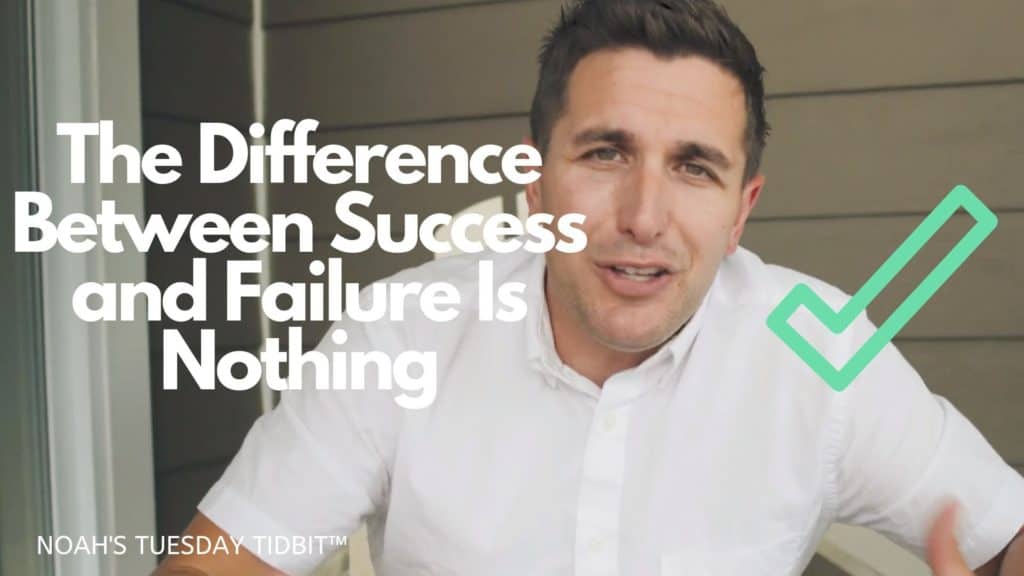A couple of weeks ago, I was at an annual event I haven't missed for eight years.
It's a gathering of other folks like me – industry experts, consultants, and change agents who work with some of the largest companies in the world.
Of all the fascinating discussions we had, the one that keeps sticking with me was focused on the question:
"What's the difference between the projects that are wildly successful, vs. the ones that are disappointments?"
Each of us had different areas of expertise, and between us, we'd worked with thousands of very large companies.
But one of the most surprising things was that we were able to find a few key commonalities between the successful projects and the unsuccessful ones.
See this week's video for more on the topic:
One of the most common differentiators was how various companies talked about money, risk, and opportunity.
Specifically, the projects with the highest rates of success were championed by buyers who were concerned with the interaction of those three elements, not just one or two of them.
We all had stories of clients who swore up and down that they believed our help could bring them an additional $10-50M in profits but weren't willing spend the $150k – $500k to get those additional profits, because it was "too expensive."
We all had stories about companies who wasted many years trying to do something we could have put into place for them in six months because it was "cheaper" to do it internally.
I've been talking to a prospective client for five months. I flew out to see them, and we discussed a project which was a priority at the time.
Within a few hours, we all agreed that conservatively the value of the improvements we discussed could be worth more than $30M over five years.
That was conservative and tangible, with actual results likely to be much higher. The other value stemmed from maintaining market share, and so on.
But it's now five months later, and we've done nothing.
I keep in touch with another company who first reached out two years ago. They wanted help to revitalize their sales team and thought that there was a natural 10% revenue boost to be had by doing that.
As a $70M/company, that would have put over $14M of additional sales into their account, with $6M of that in pure profit!
The cost would have been about $150k, but for the last two years, they've considered it too expensive, and have been waiting for a time when they think they can afford it.
Meanwhile, they continue to clean the windows, pay the non-performing sales folks, and so forth.
Look, let's be realistic, sometimes things are just out of reach, or the timing is bad, or they legitimately can't afford it.
But at what cost?
The purpose of this Tuesday Tidbit™ is to remind you and have you think about the cost of doing nothing.
Inertia is a powerful drug with very negative side-effects.
"Not right now."
"The timing isn't right."
"The economy isn't looking good, and we're hunkering down."
"All improvement investments are on hold right now."
I've talked with many business leaders who knew there was an important decision that needed to be made, but the only choice they made was to do nothing.
More often than not, that indecision costs them time, energy, money, and undue stress.
Here's your challenge for this week.
Consider a recent decision that you delayed making and ask yourself this:
What was the real business impact of the delayed decision?
Think about how this applies to other areas of your business.
For example, do you know your salespeople aren't following up on quotes, but you aren't putting simple procedures in place to make that happen?
WHY?
Do you know specific areas of your business that are underperforming, but you're delaying improving them?
WHY?
Do you know your industry is being disrupted, or you're waiting for market conditions to change before you make growth investments?
WHY?
What is doing nothing actually costing YOU?
Are you convinced to take action yet? What decisions have you been delaying on making?
Let's discuss it. Reach out and let's find a time to talk about it.
